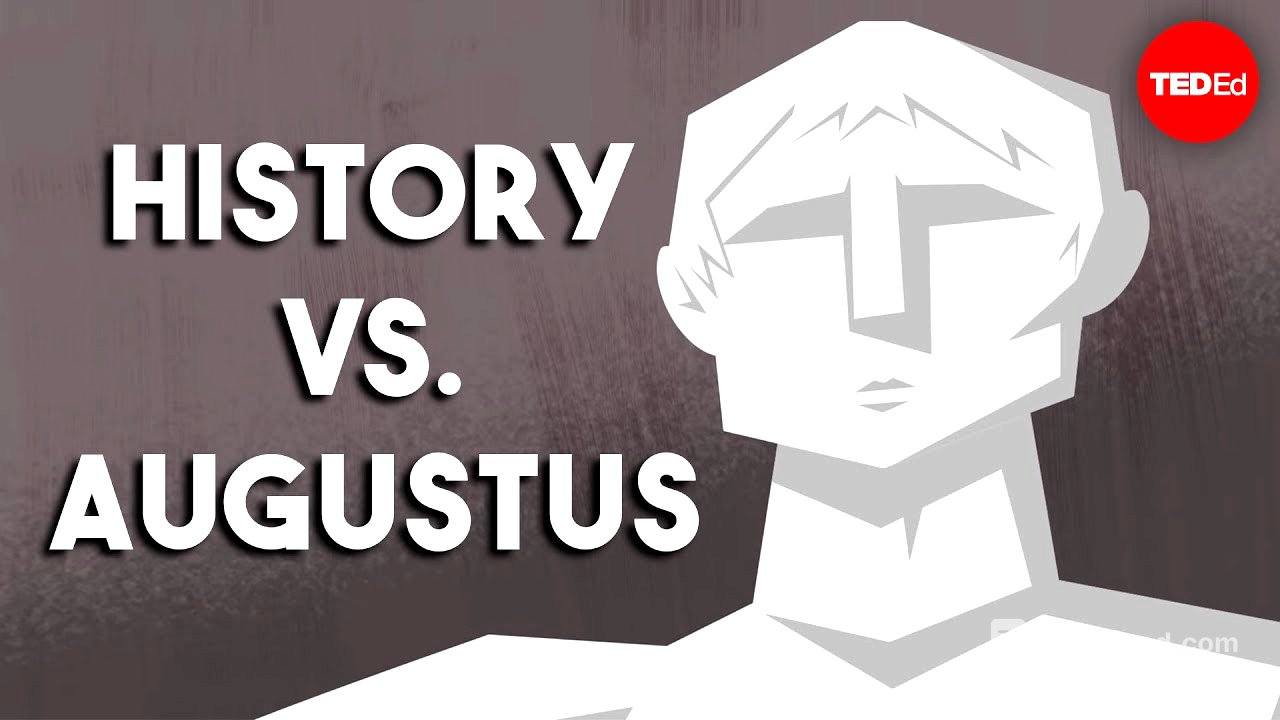TLDR;
This video explores the legacy of Augustus Caesar, the first Roman emperor, by presenting a courtroom debate between two opposing perspectives. One side argues that Augustus was a visionary leader who brought stability and prosperity to Rome, while the other side contends that he was a tyrant who destroyed the Roman Republic and paved the way for future dictators. The video highlights key events in Augustus's life, his accomplishments, and the criticisms of his rule, ultimately leaving the viewer to decide whether his legacy is one of progress or tyranny.
- Augustus's rise to power, his accomplishments, and the criticisms of his rule are presented in a courtroom setting.
- The video explores the debate between Augustus's supporters and detractors, highlighting both his positive contributions and the negative consequences of his rule.
- The video concludes by suggesting that history itself is on trial when we question the legitimacy of individual power.
The Case for Augustus [0:26]
This chapter introduces the defendant, Gaius Octavius, later known as Augustus, and outlines his early life and rise to power. Octavius was the grand-nephew of Julius Caesar and became his adopted son and heir. He gained the title Augustus in 27 BCE after establishing sole authority and becoming emperor of Rome. The prosecution argues that this marked the end of the Roman Republic, a government meant to serve the people, and the beginning of an empire ruled by a single individual. However, the defense counters that Octavius was a model public servant who fought for Rome alongside Caesar and avenged his death. They argue that he was a necessary figure to restore order and stability after the chaos of the civil war.
The Case Against Augustus [1:42]
This chapter focuses on the prosecution's arguments against Augustus. They accuse him of being a power-hungry tyrant who destroyed his ally Mark Antony to increase his own power. They point out that Augustus, like Caesar before him, sought to establish a dynasty and consolidate power for himself. The prosecution also criticizes Augustus's use of his wealth and influence to manipulate the Senate and maintain control over the army. They argue that his actions were not about restoring the law but about making it subordinate to his own will.
Augustus's Legacy [3:07]
This chapter presents the defense's arguments in favor of Augustus's legacy. They highlight his accomplishments, including establishing consistent taxation, financing a network of roads, and overseeing the construction of many famous public buildings. They argue that Augustus's rule brought 40 years of internal stability, expanded Rome's frontiers, and created a government that was a model of civic virtue. However, the prosecution counters that Augustus's legacy is one of endless conquest, military autocracy, and the suppression of individual freedoms. They argue that his rule paved the way for future dictators who would commit atrocities in the name of "the people."
History on Trial [4:32]
This chapter concludes the debate by suggesting that history itself is on trial when we question the legitimacy of individual power. The video encourages viewers to consider the broader implications of Augustus's rule and to think critically about the role of power in shaping history. It leaves the viewer to decide whether Augustus was a visionary leader or a tyrant, ultimately challenging us to examine the complexities of historical figures and their impact on the world.



![[BL] Minase ✘ Hirukawa | Their Full Story [ Our Youth ]](https://wm-img.halpindev.com/p-briefread_c-10_b-10/urlb/aHR0cDovL2ltZy55b3V0dWJlLmNvbS92aS9MM0pmLTdZeVpSSS9ocWRlZmF1bHQuanBn.jpg)





